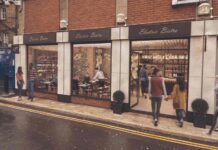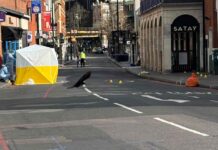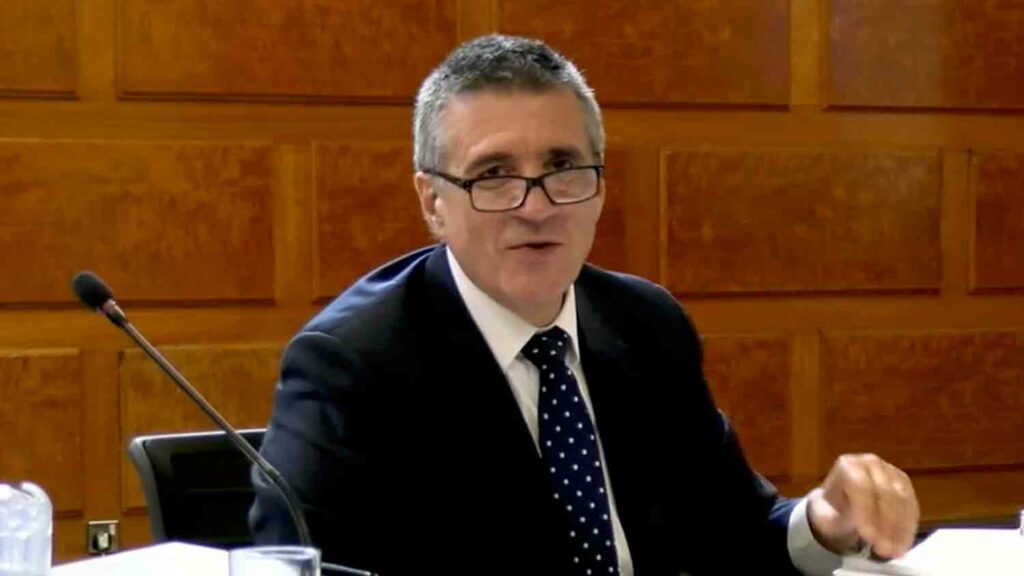
The two-day Lambeth council licensing sub-committee hearing to deal with the future of the O2 Academy in Brixton opened yesterday (11 September) with a lengthy presentation on behalf of the AMG group which operates the venue.
Two people, security guard Gaby Hutchinson, 23, and Rebecca Ikumelo, 33, died as the result of a crush at an event at the Academy on 15 December last year. A third victim of the crush, a woman aged 21, is still seriously ill in hospital.
Philip Kolvin KC, representing AMG, said the approach of his client was one of “partnership and solution finding”.
He stressed that AMG was open to further suggestions from police or the licensing authority, Lambeth council, as to how its plans could be improved.
AMG is applying for a revised licence for the venue.
Discussions between the council and AMG and its representatives about its extensive proposals had already taken place and Kolvin expected more to take place overnight.
He said there had been 165 security staff on duty at the venue on the night of the incident – the highest number there had ever been.
Kolvin said that in 2021, AMG had introduced a “Brixton high risk events operational policy”, which included a control measures for different sorts of risks and included crowd management and safety procedures, which made no reference to genres of music.
This replaced one, “introduced at the instance of, and in dialogue with the police”, and which followed on from the old “form 696”, which was was genre-based.
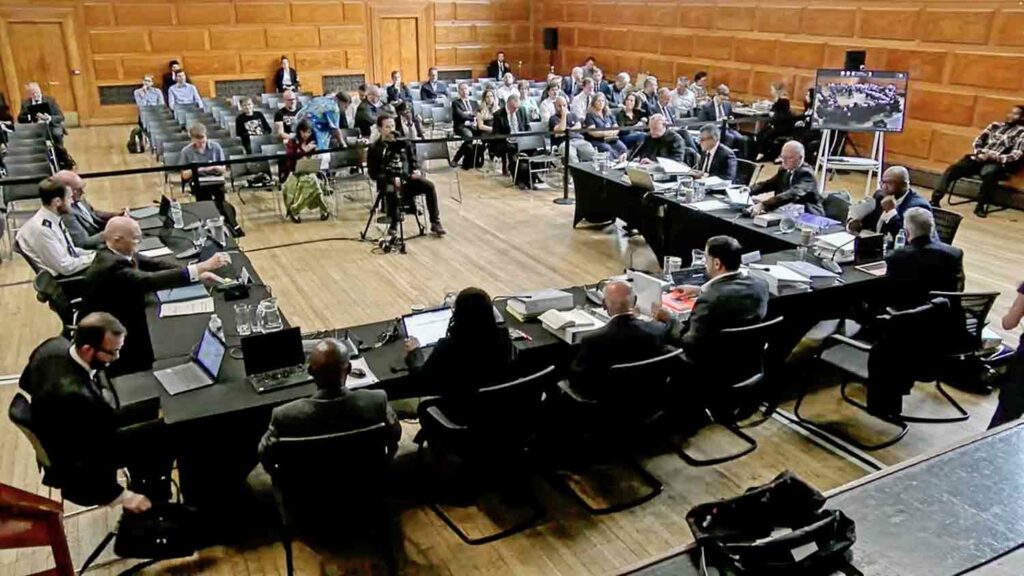
“Why am I telling you this?” he said, continuing: “My client is probably the leading host of music of Black origin in this country, and that’s a position that it values and would like to continue.”
The new policy assesses 13 different risks, but, he stressed, “None of them are racial. They’re all specific events: overcrowding, rushing, collapse of balcony, burn injuries, etcetera, etcetera.
“So the risks are disaggregated and they’re nothing to do with racial typing.
“So we still have a one to five assessment, and it will enable us to say to the police: ‘Look, we think this is a three’. It’s a way just cutting through it. We think this is a three or it’s a four or it’s a five. But what we are not saying is this is a hip hop artist, beware.”
Later, he stressed that AMG would allow police to veto shows at the Academy on safety grounds. If they said “jump”, AMG would ask “how high?”
Kolvin gave details new security policies and measures that would take ticket checking away from security staff and create a “sterile area” in front of the Academy’s main doors on Stockwell Road.
The doors themselves had been altered so they could only open outwards and so not be forced open by pressure from outside. Neither were there any handles on the external faces of the doors, so they could not be pulled open.
There would be an initial “soft check” of tickets, enabling people who had questionable tickets to be moved out of the queue and dealt with separately.
The hearing continues today, opening with a closed session at the request of the police. This, and part of yesterday’s proceedings, are in private because police are still investigating the deaths and injuries.
Many documents relating to the heating that are available to the public are redacted for the same reason.
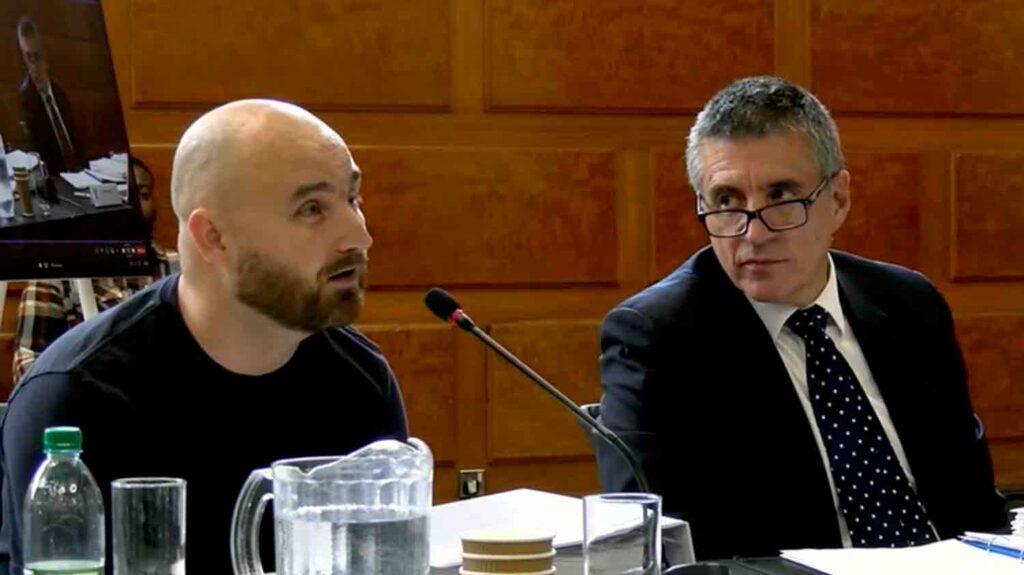
Michael Harvey-Bray, speaking on behalf of Geoff Meall, one of Britain’s best known music agents and director of one of the world’s leading music agencies, The Agency Group, was one of many industry experts to praise AMG for its overall approach and safety measures.
Other witnesses testified to the economic impact of the closure, including its possible contribution to the failure of a restaurant opened by architects Squire & Partners in Brixton.


